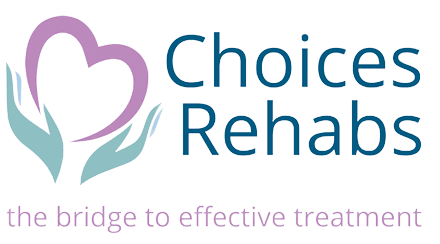How can you help?
When someone is struggling with drug or alcohol addiction, it is important to remember that what they are suffering with is all consuming.
The nature of addiction means that the intense cravings for drugs or alcohol becomes prioritised over everything else, including family and financial commitments. When an individual is in active addiction, it is very difficult to think of anything other than obtaining the substance which they are dependent on. It may also be the case that they have become physically dependent and will experience withdrawal symptoms should they suddenly stop.
One of the most important things to do with anyone who is struggling is to show empathy towards them and the situation they have found themselves in. Pleading, begging, bribing, reprimanding and delivering ultimatums won’t work.
Talk to them
Although it is not possible to make someone stop using drugs, it is possible to encourage them to make changes. It is important to talk to the person you are worried about. Find a time when they’re sober and when you’re both relaxed. Listen to things from their perspective, find out how they feel. Avoid getting into an argument as it will likely only create a barrier where it more difficult for them to talk openly to you and be honest in the future.
Having an empathic approach doesn’t mean you are accepting your friends or relatives behaviour, but it does show that you also recognise the situation is very difficult for them also. It is however important to set boundaries which the individual agreeing to recognises are reasonable. Talk to them about the problems their use is causing and empower them to make the right decisions. The following ideas have proven to be helpful:
- Make it clear what behaviour is unacceptable to you: If for example the individual has been using in the family home, let them know what is acceptable and unacceptable in this environment. You may also wish to consider social occasions and other times when you are in each other’s company. Make sure they are realistic and that they understand the consequences of breaking these boundaries and be consistent.
- Discuss with other family members/friends: This will make it easier for everyone concerned to take a similar approach. It will also avoid sending out mixed messages and creating conflict among the wider family/friendship group
- Don’t make it easy for them to use: You can set financial boundaries, by no longer providing financial support. You’re more likely to be taken seriously if your actions support what you’re saying. While this won’t stop the drug and alcohol use, it will protect you and your family. You may need to set up a separate account which bills are paid from.
- Don’t try to hide the effects from others: Avoid phoning their workplace with excuses, clearing up situations they have created, or missing events for fear of embarrassment. If for example they are hungover and can’t got to work, then they will need to address this themselves. It is important that you do not lie on their behalf to hide the consequences of their actions. Seeing the consequences may help them to realise they require help.
- Do cope with any feelings of anger you may have: It is perfectly normal to feel a sense of resentment or anger. Avoid taking these feelings out on others, such children or other family members. Maintaining a healthy home life will provide the necessary support required to support the individual with their recovery.
Source: This blog was provided to us by our Choices Rehabs members at Boscence Farm Community.
